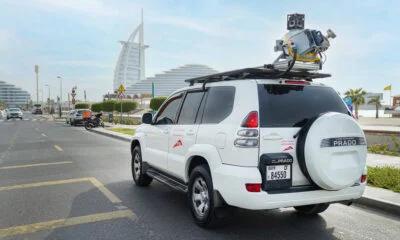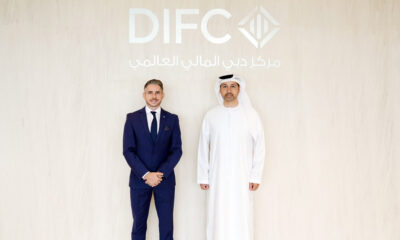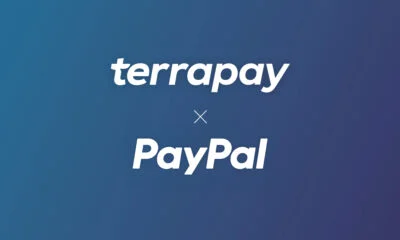News
Dubai’s Sheikh Hamdan Launches New Digital Cloud Project
Digital Dubai, Moro Hub, and Microsoft have signed agreements to carry out the digital transformation project.
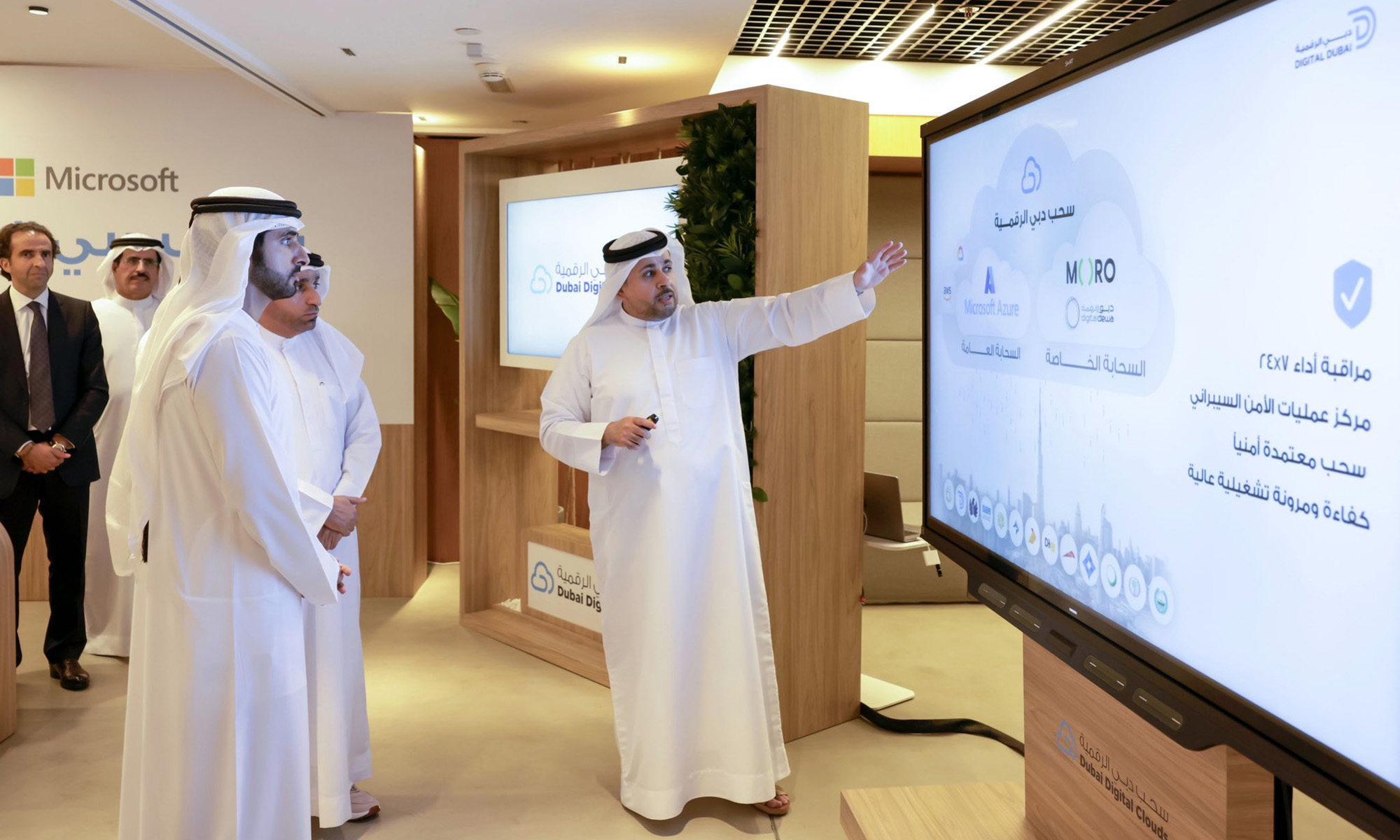
On Monday, July 10th, Sheikh Hamdan bin Mohammed, Crown Prince of Dubai, announced the launch of a new cloud technology project to boost the Emirate’s tech infrastructure and accelerate digital transformation.
Today, we launched the Dubai Digital Cloud project, the latest in a series of initiatives aimed at reinforcing Dubai’s status as a digital economy capital and further strengthening its digital infrastructure. I also attended the signing of partnership agreements between Digital… pic.twitter.com/y0lQ940tbS
— Hamdan bin Mohammed (@HamdanMohammed) July 10, 2023
Known as Dubai Digital Cloud, the project is the latest in a series of initiatives aimed at establishing a “world-leading, efficient, agile and reliable digital infrastructure” in the Emirate, according to a press release from the government’s Media Office.
Last month, the Crown Prince also launched Dubai’s Digital Strategy, which aims to usher in a new era of digital transformation. The move comes after last year’s announcement of a Higher Committee for Government Digital Transformation, showing a continued commitment by Dubai’s government towards creating a tech-centric, future-facing economy.
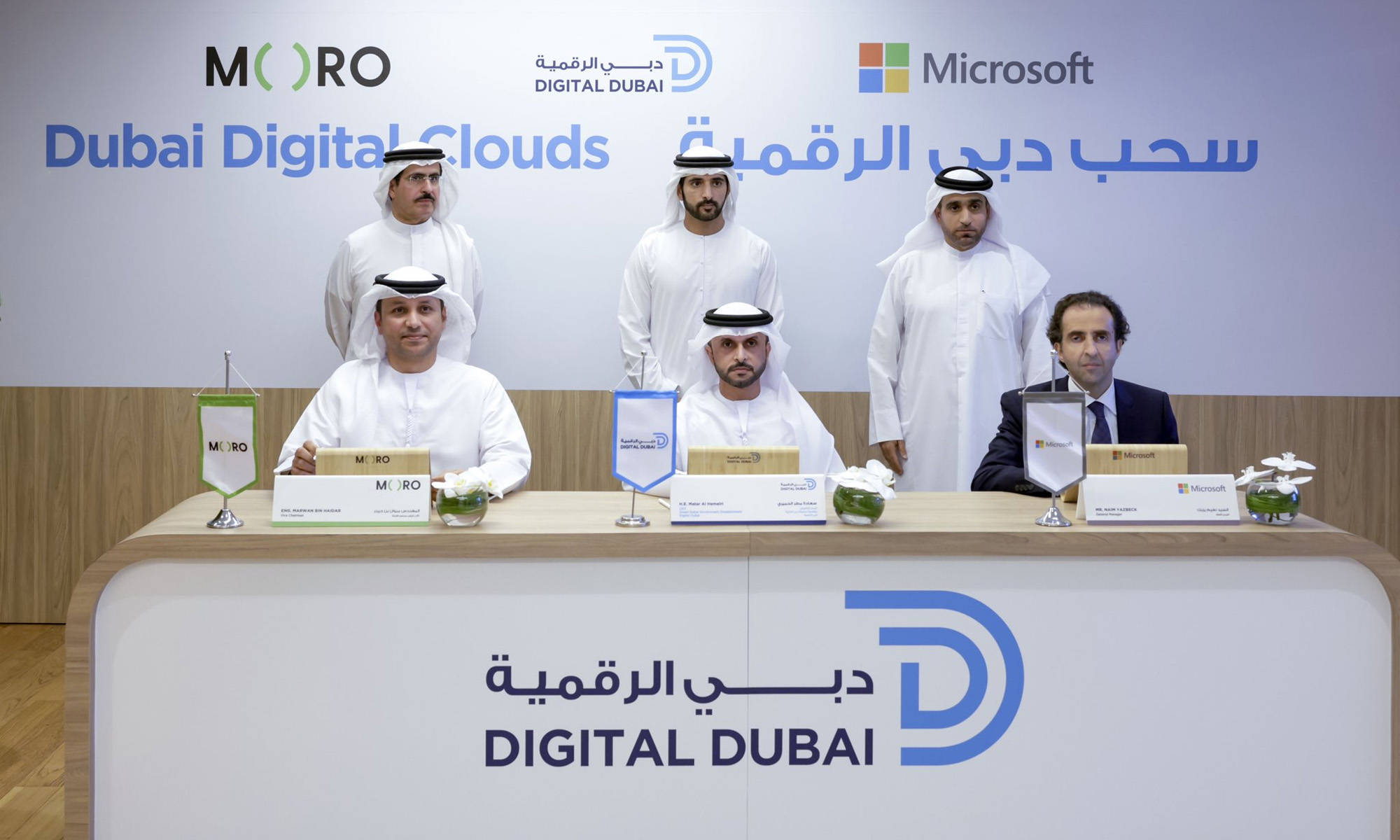
As for the Dubai Digital Cloud, the project will combine various digital entities to provide high levels of operational efficiency while offering the best solutions from private to public clouds, the Dubai Media office statement explained.
“The Dubai Digital Cloud is a practical application of our leadership’s vision to promote connectivity, integration, and a comprehensive digital government that ensures agility, speed, security, and competitiveness, allowing government entities to provide integrated, proactive, round-the-clock services”, said Hamad Al Mansoori, director general of Digital Dubai.
Also Read: Best Web Hosting Providers In The Middle East
The adoption of cloud-based technology in the UAE and other Gulf countries is growing due to the rise of a young, technology-focused population and a dramatic increase in tech businesses relocating to the region.
Microsoft expects its cloud services to add around $40 billion and up to 100,000 jobs to the UAE’s economy before 2030, with around 17% of those figures coming from cloud data centers in Abu Dhabi and Dubai.
News
Google Releases Veo 2 AI Video Tool To MENA Users
The state-of-the-art video generation model is now available in Gemini, offering realistic AI-generated videos with better physics, motion, and detail.

Starting today, users of Gemini Advanced in the MENA region — and globally — can tap into Veo 2, Google’s next-generation video model.
Originally unveiled in 2024, Veo 2 has now been fully integrated into Gemini, supporting multiple languages including Arabic and English. The rollout now brings Google’s most advanced video AI directly into the hands of everyday users.
Veo 2 builds on the foundations of its predecessor with a more sophisticated understanding of the physical world. It’s designed to produce high-fidelity video content with cinematic detail, realistic motion, and greater visual consistency across a wide range of subjects and styles. Whether recreating natural landscapes, human interactions, or stylized environments, the model is capable of interpreting and translating written prompts into eight-second 720p videos that feel almost handcrafted.
Users can generate content directly through the Gemini platform — either via the web or mobile apps. The experience is pretty straightforward: users enter a text-based prompt, and Veo 2 returns a video in 16:9 landscape format, delivered as an MP4 file. These aren’t just generic clips — they can reflect creative, abstract, or highly specific scenarios, making the tool especially useful for content creators, marketers, or anyone experimenting with visual storytelling.
Also Read: Getting Started With Google Gemini: A Beginner’s Guide
To ensure transparency, each video is embedded with SynthID — a digital watermark developed by Google’s DeepMind. The watermark is invisible to the human eye but persists across editing, compression, and sharing. It identifies the video as AI-generated, addressing concerns around misinformation and media authenticity.
While Veo 2 is still in its early phases of public rollout, the technology is part of a broader push by Google to democratize advanced AI tools. With text-to-image, code generation, and now video creation integrated into Gemini, Google is positioning the platform as a full-spectrum creative assistant.
Access to Veo 2 starts today and will continue expanding in the coming weeks. Interested users can try it out at gemini.google.com or through the Gemini app on Android and iOS.


